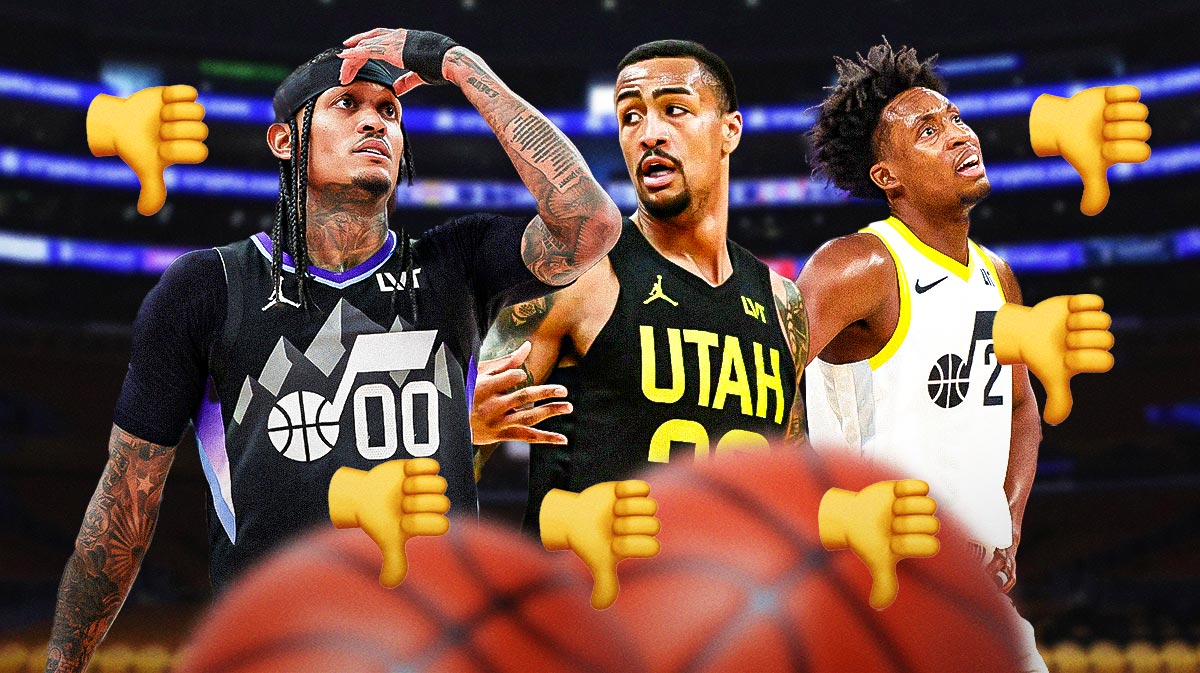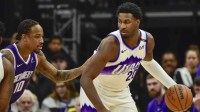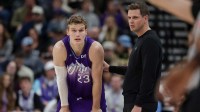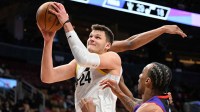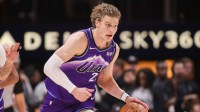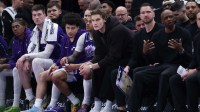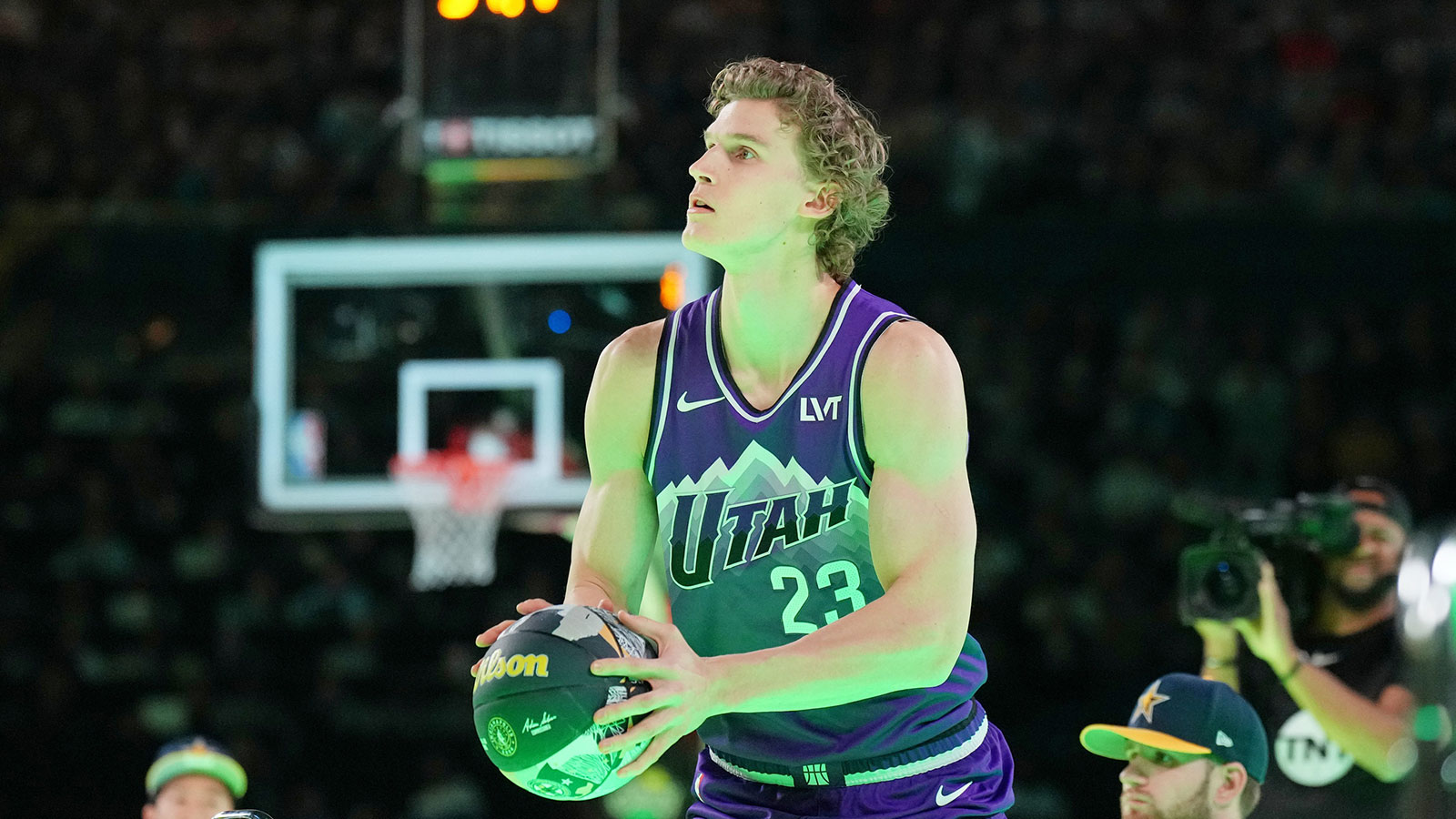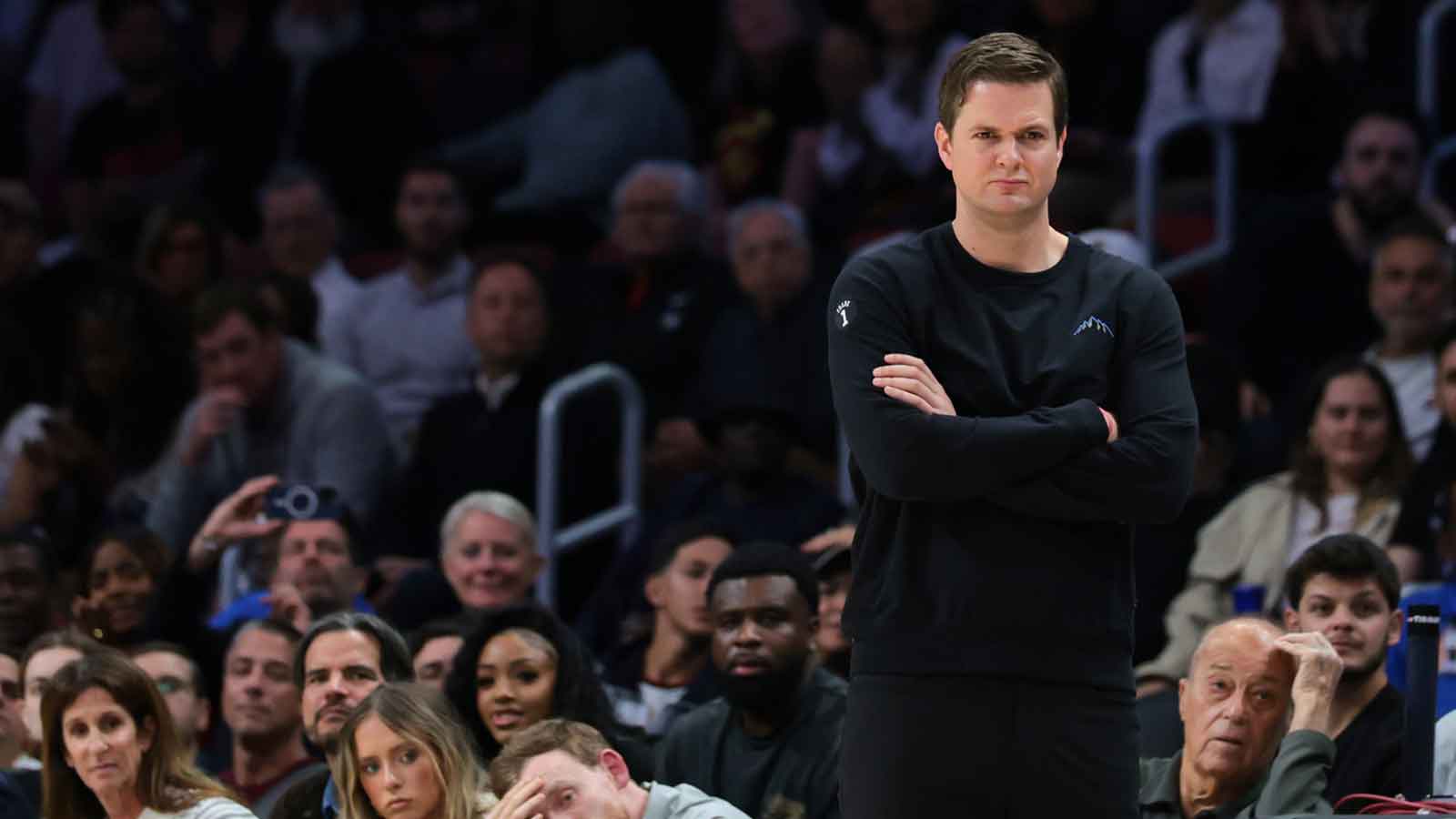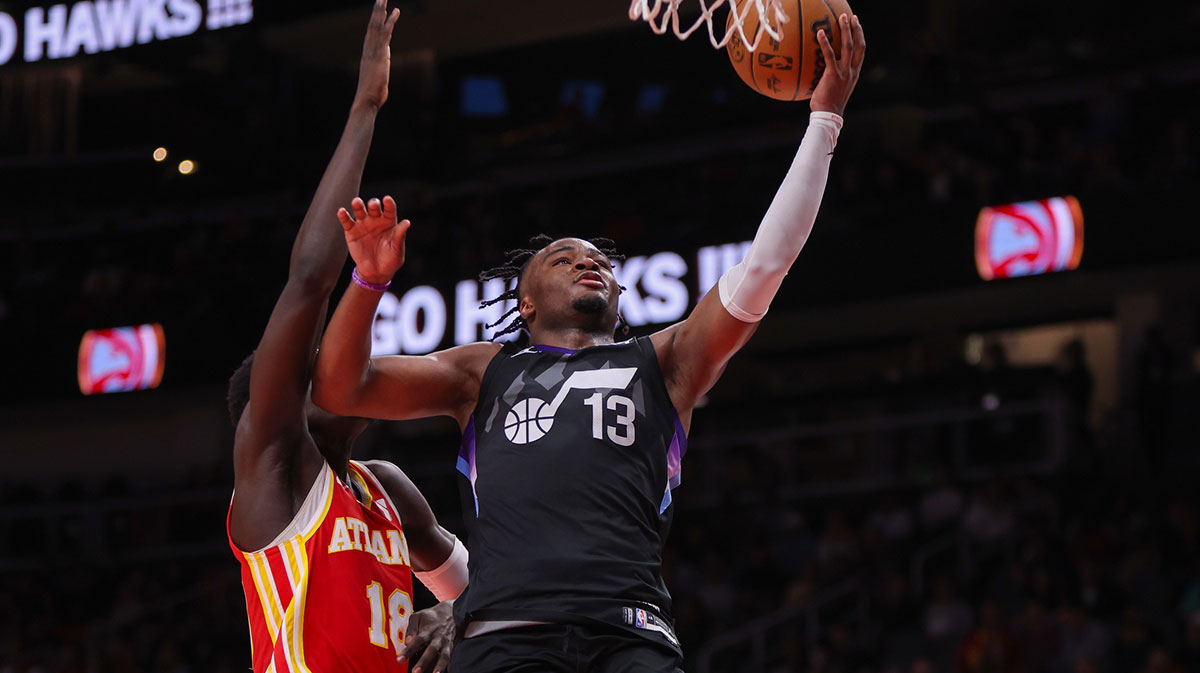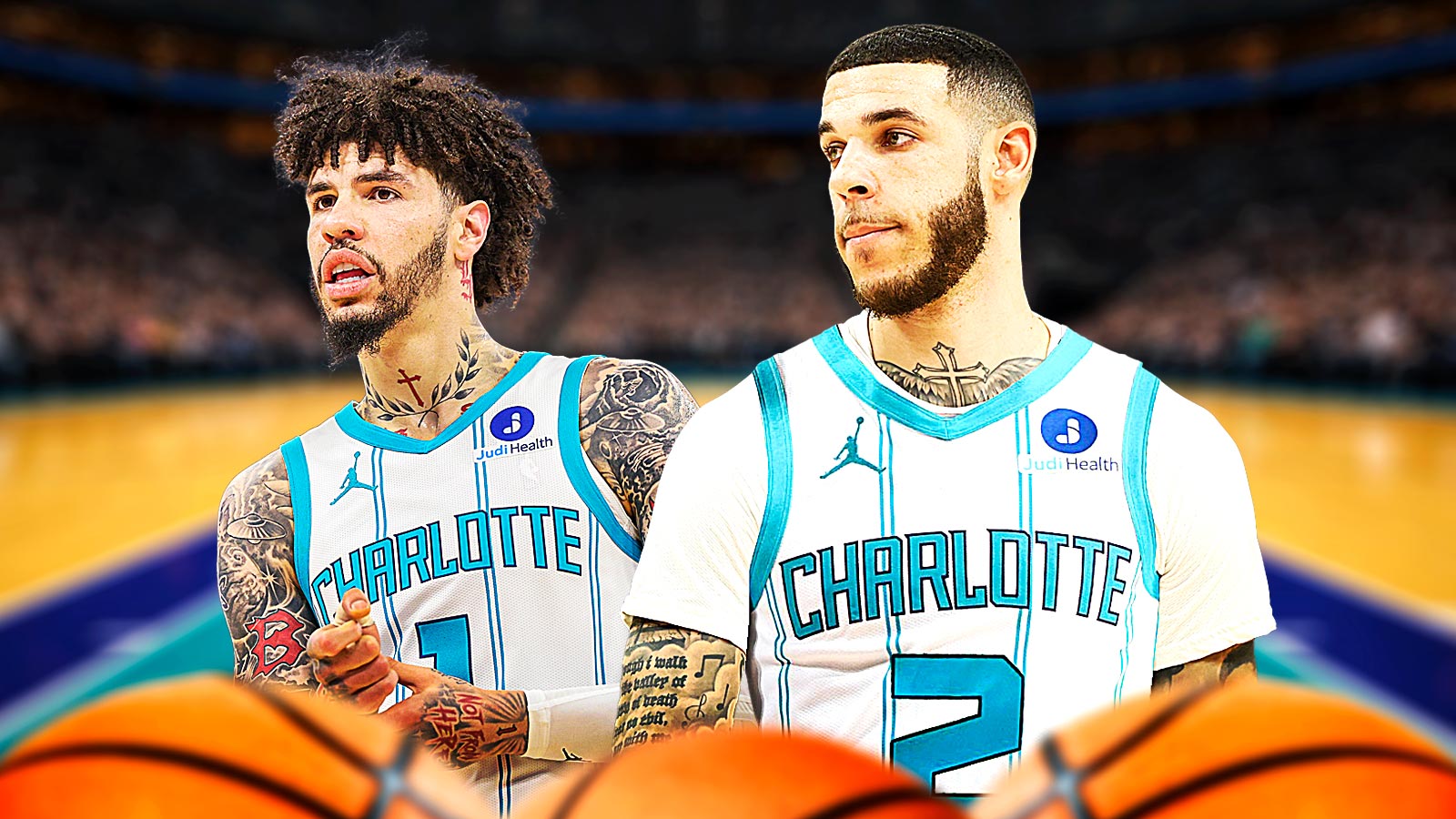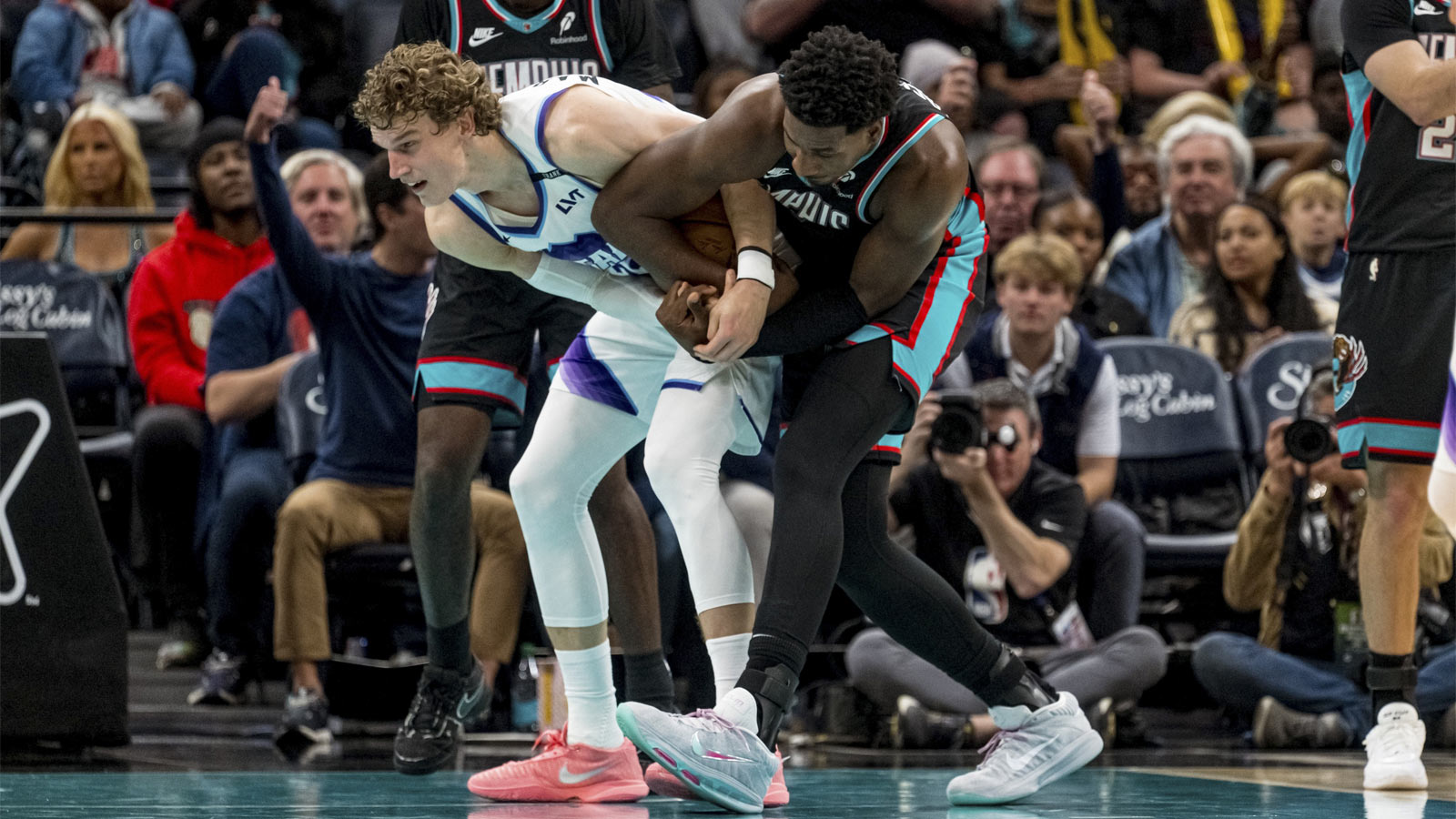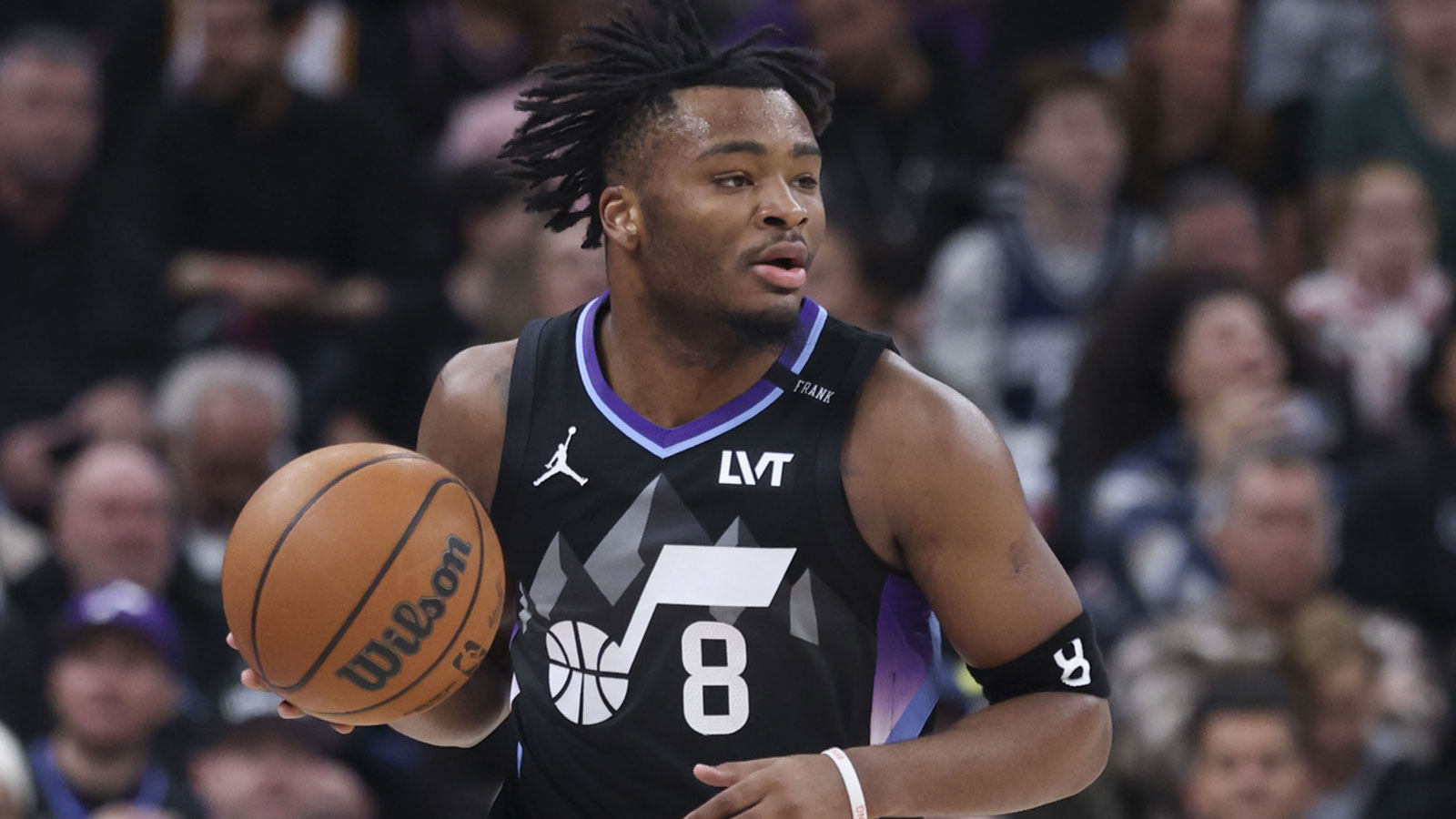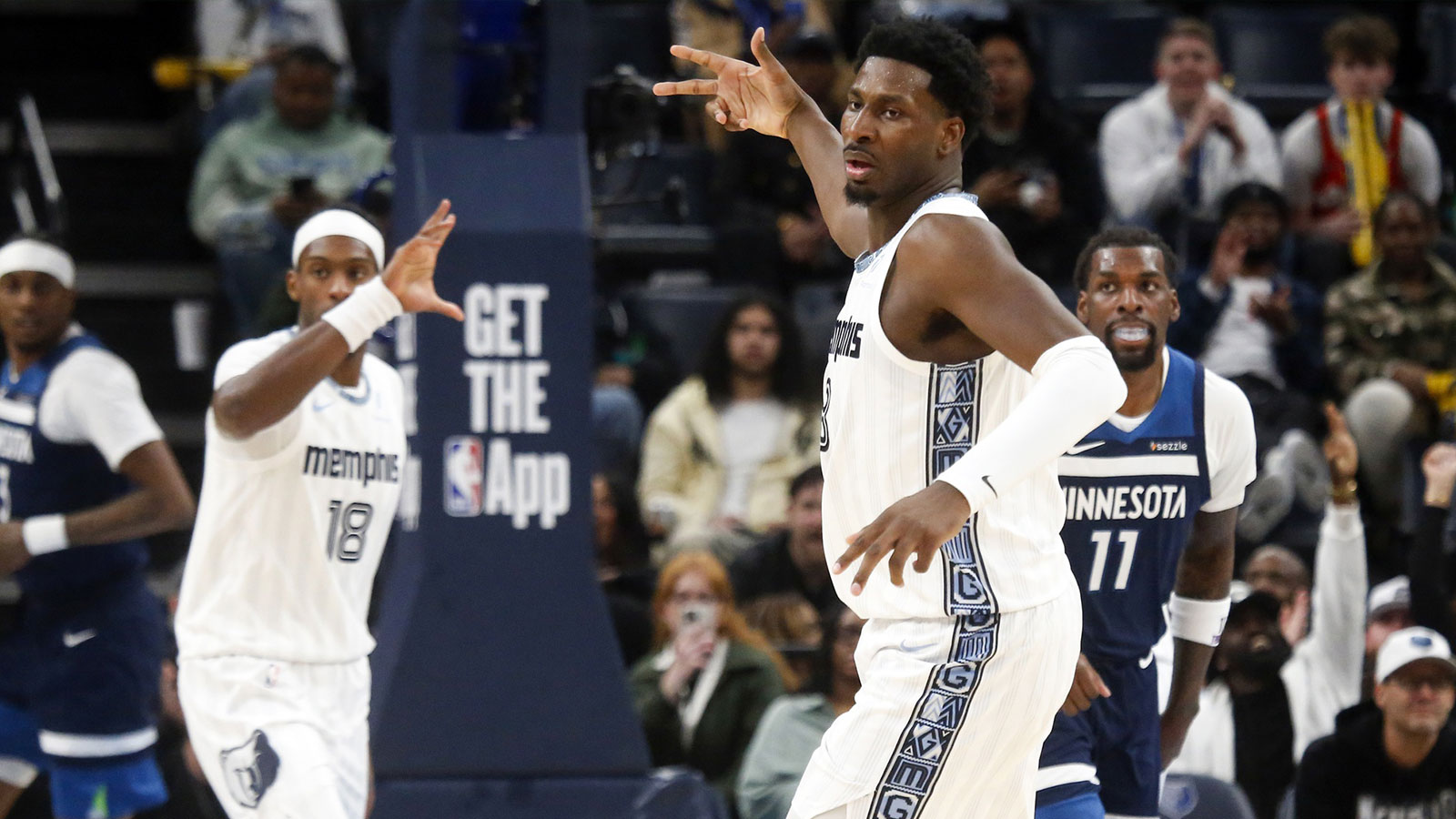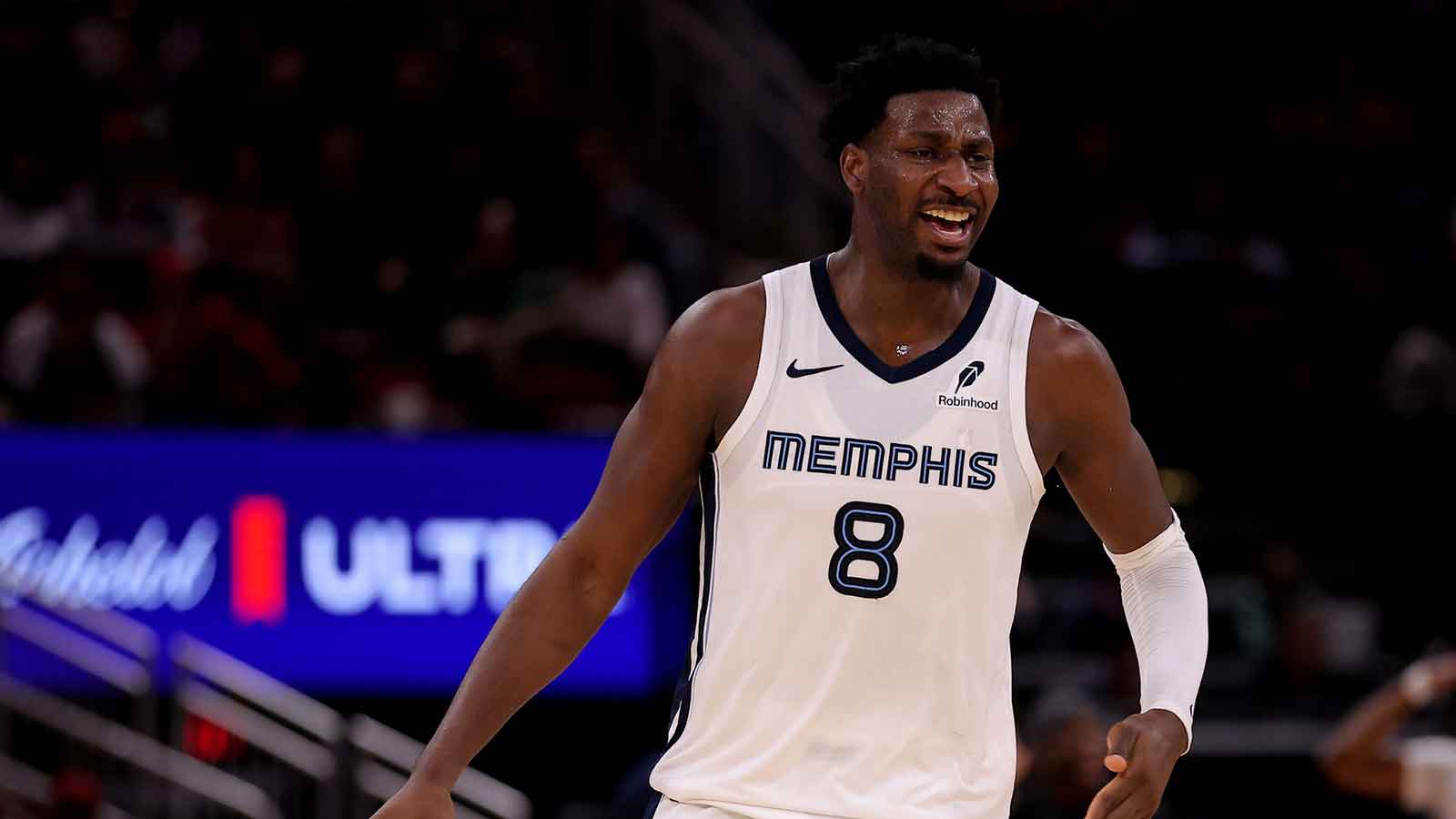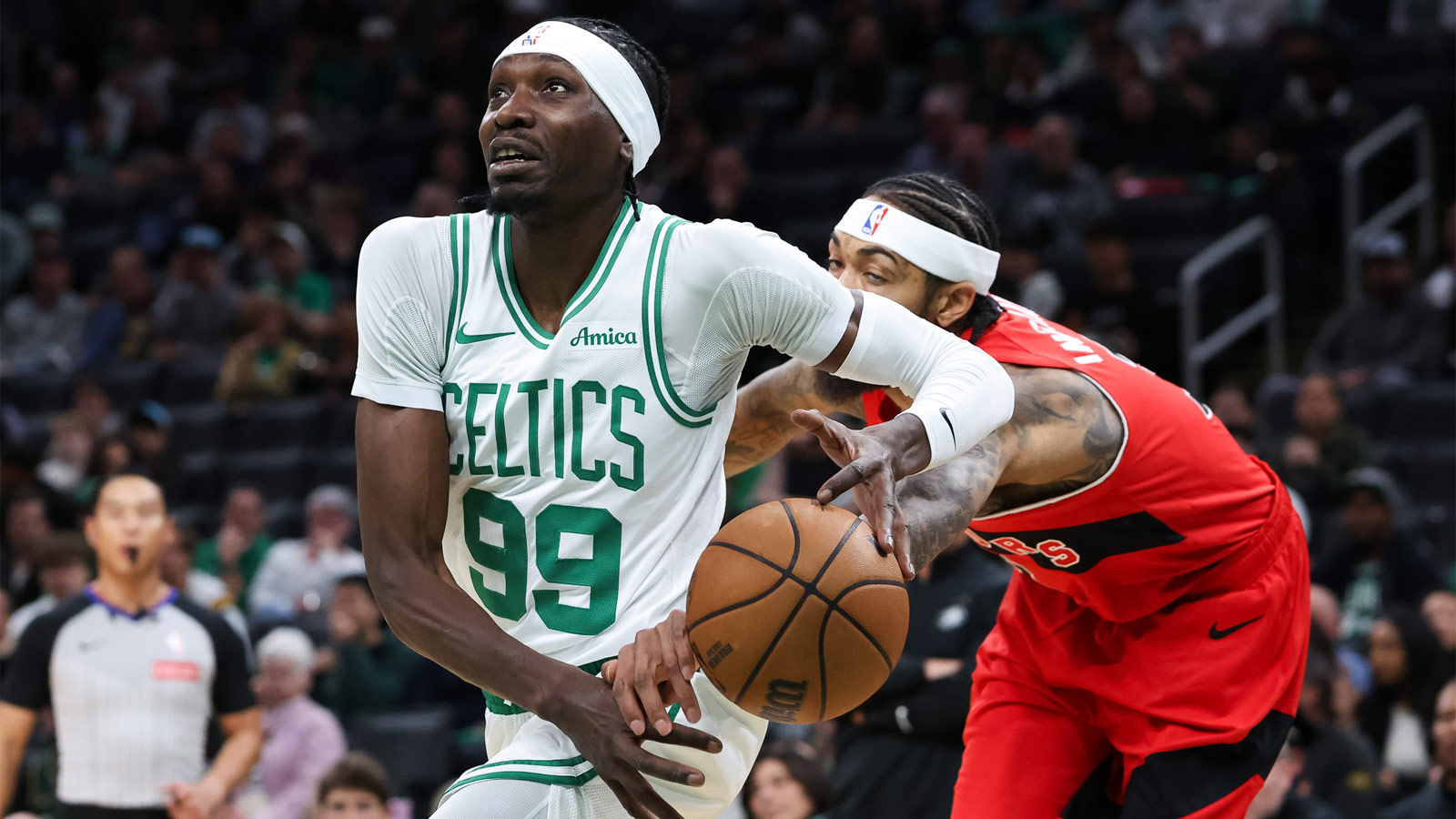The Utah Jazz were one of the busiest teams at the 20925 NBA trade deadline. In fact, they were even a part of the blockbuster Luka Doncic-Anthony Davis swap. But while Utah was making moves, it's a surprise that they didn't exactly turn some heads. They managed to unload some of their veterans, like Patty Mills and Drew Eubanks, while bolstering their draft capital. However, it was an eyebrow-raiser that their most noticeable vets didn't get moved. The Jazz's biggest mistake at the 2025 NBA trade deadline has to be failing to ship out Jordan Clarkson, Colin Sexton, and John Collins.
Jordan Clarkson, John Collins, and Collin Sexton had tremendous value
The Jazz were expected to finally move on from their veterans Clarkson, Collins, and Sexton. With Utah aiming toward the future, it made sense that various teams were making calls for their experienced players. Surprisingly, none of the three found a new home after the NBA trade deadline.
Among the three there was certainly significant interest in Clarkson. The former NBA Sixth Man of the Year was a fixture in trade rumors since last season, despite being a fan favorite among Salt Lake City fans. Those rumors heated up prior to this year's deadline, as contenders were keen on attaining his services for a playoff push.
Clarkson is averaging 16.9 points, 3.1 rebounds, and 3.8 assists per outing. But at 32 years old, his services aren't needed on a rebuilding team.
Like Clarkson, Sexton's deal expires after the 2025-26 season. He's also young at 26 but still doesn't fit in Utah's long-term picture. The former eight-overall pick has displayed stellar shooting and playmaking this year, logging in 18.3 points, 2.9 rebounds, and 4.1 assists per game. He is also converting 41.2% of his threes. As a result, it isn't surprising that the Jazz had no shortage of suitors for his services.
Lastly, Collins puts the Jazz in an interesting position after not trading him at the deadline.
With a player option for the 2025-26 season, the team risks letting him walk away. The 6-foot-9 big man also triggered some interest, particularly from the Sacramento Kings. Unfortunately, talks seemed to have failed to push through, especially when De'Aaron Fox was shipped to the San Antonio Spurs. Collins is averaging 18.2 points, 8.2 rebounds, and 1.1 blocks per game this year.
With the Jazz failing to trade these veterans, the team basically forfeited the chance to capitalize on their values. Had Utah been able to trade their veterans, they might've further increased their number of draft picks or could've gotten some younger assets.
Delaying the youth movement
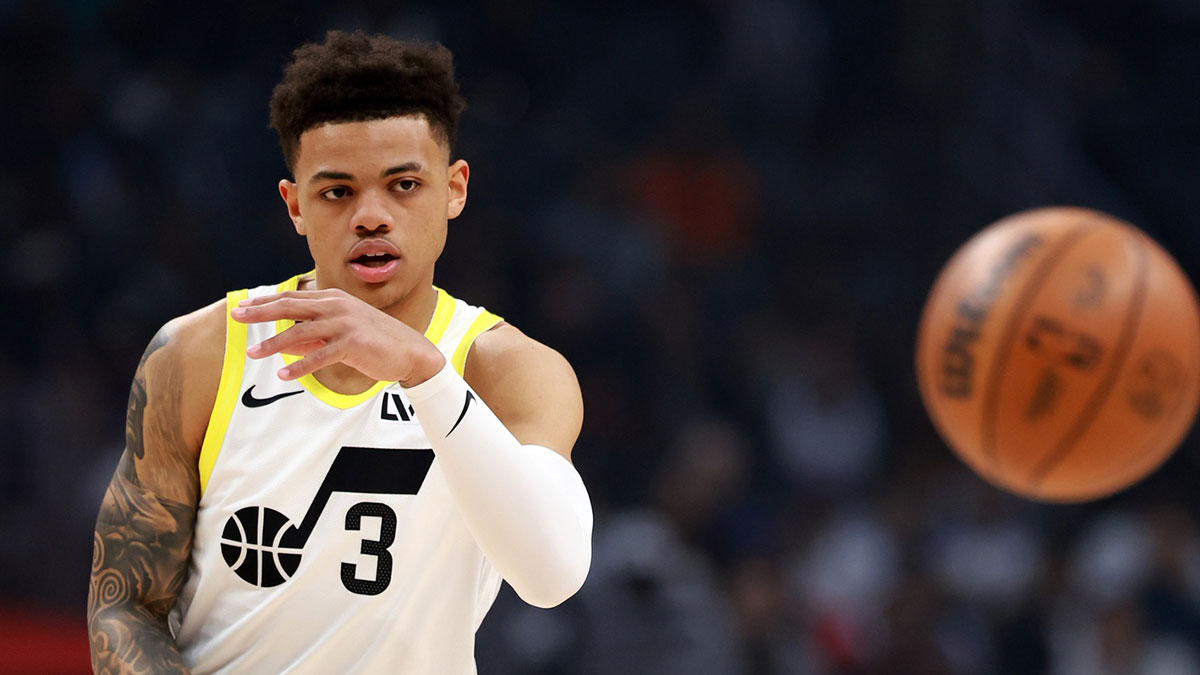
A crucial consequence for keeping the veterans around is delaying the franchise's rebuilding plans. With Clarkson, Sexton, and Collins remaining with the team, the Jazz will not really be able to fully give the keys to the young guns.
Although the Jazz can always sideline them from time to time, letting these veterans take up major minutes in the rotation when healthy certainly stifles the development of their building blocks.
Let's not forget that having Clarkson and Sexton on the team will have them eat key minutes of the likes of Keyonte George and Isaiah Collier. For instance, in their loss against the Los Angeles Lakers, it's worth noting that Clarkson actually started ahead of George and Collier.
While former Sixth Man of the Year scored 16 points in 29 minutes, there were instances when the younger guards could've enjoyed more learning opportunities had they been on the floor instead.
With plenty of veterans on a rebuilding squad, it simply doesn't make sense.
Positioning for the upcoming NBA Draft
Given that the Jazz are building for the future, the team must put a premium on its young players. But more importantly, the squad also has its sights set on the upcoming NBA Draft class, which is headlined by blue-chip prospect Cooper Flagg. Standing at the bottom of the Western Conference, the Jazz still have an opportunity for a favorable position at the draft. However, relying on veterans to get the job done isn't exactly smart.
With Utah aiming to get a favorable pick, it's the perfect opportunity to experiment with different combinations on their fresh faces. This allows them to get a fair assessment of their current roster without the losses being too critical.
Unfortunately, tanking doesn't exactly sit well for veterans, who are trying to maximize their opportunities while maintaining their value. In fact, just ask Markkanen about the tanking noise surrounding Salt Lake City.

